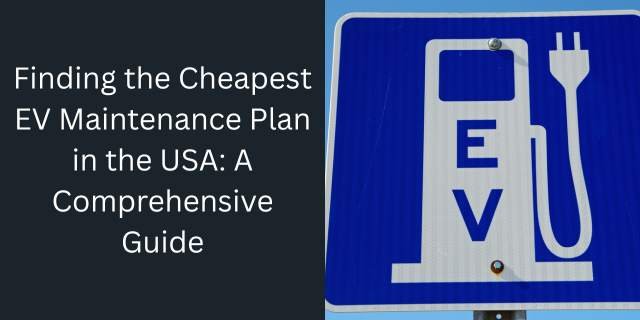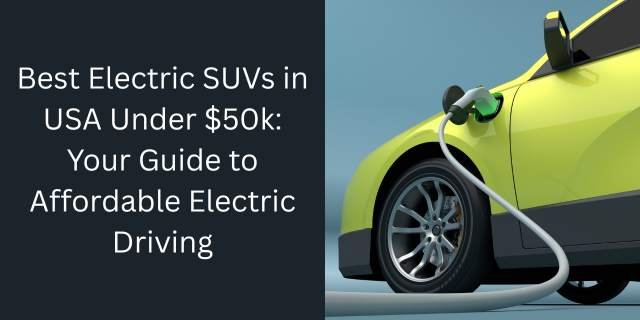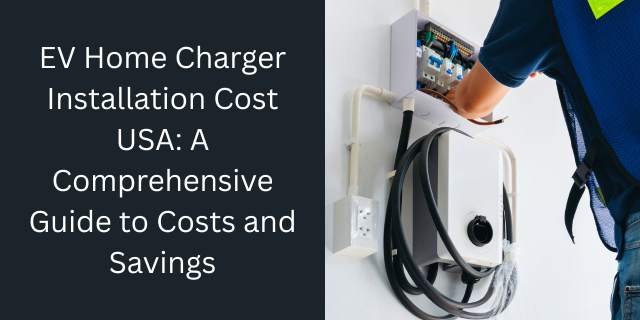The electric vehicle (EV) market is booming, but one significant concern for potential buyers remains: the cost of battery replacement. This is particularly relevant when comparing different manufacturers, such as Tesla and Nissan, known for their contrasting battery technologies and warranty offerings. Understanding the potential EV battery replacement cost Tesla vs Nissan is crucial for making informed purchasing decisions and budgeting for long-term ownership. This article will delve into the specifics of battery replacement costs for both brands, exploring factors influencing price, warranty considerations, and practical advice for managing this potential expense. By the end, you’ll have a clear understanding of what to expect and how to plan for this significant investment. Statistics show that battery replacement accounts for a substantial portion of total EV lifecycle costs, making this a critical area of research for prospective EV owners.
Deciphering Tesla’s Battery Replacement Costs
Tesla’s battery replacement cost varies significantly depending on the model, year of manufacture, and the extent of damage. While Tesla doesn’t publicly list prices, anecdotal evidence and reports suggest that a replacement can range from $15,000 to over $20,000, potentially even higher for newer, larger battery packs. This significant cost is often attributed to the complex battery technology used in Tesla vehicles. The process typically involves removing the entire battery pack, which is a labor-intensive task requiring specialized tools and expertise. Furthermore, the cost includes not only the battery cells themselves but also the battery management system (BMS), which is crucial for the safe and efficient operation of the battery. Several factors influence this high cost, including:
- Battery Pack Size: Larger battery packs naturally cost more to replace.
- Warranty Coverage: Tesla offers limited warranties on its batteries, typically covering defects in materials and workmanship but not degradation due to normal use.
- Labor Costs: Tesla’s specialized service centers and trained technicians contribute to higher labor costs.
- Technological Advancements: As battery technology evolves, replacing older batteries with newer, more efficient ones can increase the cost.
Understanding Nissan Leaf Battery Replacement Costs
The Nissan Leaf, a popular entry-level EV, presents a different picture regarding battery replacement costs. While still substantial, the cost is generally lower than Tesla’s, typically falling within the $5,000 to $10,000 range, depending on factors similar to those affecting Tesla’s prices (model year, battery degradation, and labor). The Nissan Leaf’s battery pack is typically easier to access and replace compared to Tesla’s, resulting in lower labor costs. However, it’s vital to remember that the lower initial cost may not reflect the long-term cost of ownership. The Leaf’s battery capacity may degrade faster than some competitors, potentially necessitating a replacement sooner. Key factors influencing the cost include:
- Battery Capacity: Different Leaf models have varying battery capacities, affecting the replacement cost.
- Warranty Coverage: Nissan offers an 8-year/100,000-mile warranty on its battery, mitigating some costs but not covering all scenarios.
- Third-Party Repair Options: Unlike Tesla, Nissan owners may have more options for third-party battery repairs, potentially offering more competitive pricing.
- Battery Condition: The state of the old battery can affect the overall cost and whether a full replacement or reconditioning is possible.
Factors Influencing EV Battery Replacement Costs Across Brands
Beyond the specific brands of Tesla and Nissan, several universal factors influence the overall EV battery replacement cost. These should be considered when budgeting for long-term EV ownership regardless of the manufacturer. Understanding these factors can help you make a more informed decision. These include:
- Battery Chemistry: Different battery chemistries (e.g., lithium-ion, solid-state) have varying costs and lifespans.
- Battery Degradation: Battery capacity naturally decreases over time, impacting performance and potentially necessitating replacement sooner than expected.
- Warranty Terms: Carefully review the manufacturer’s warranty to understand what’s covered and what’s not.
- Labor Costs: Labor costs vary depending on location and the complexity of the battery replacement procedure.
- Availability of Parts: The availability of replacement batteries can impact the overall cost and timeframe for repairs.
Extending Battery Life and Minimizing Replacement Costs
Proactive measures can significantly extend the lifespan of your EV battery and potentially delay or even avoid the need for a costly replacement. By following best practices, you can minimize the financial burden of battery replacement. These steps include:
- Proper Charging Habits: Avoid consistently charging to 100% or letting the battery completely drain. Aim for a 20-80% charging range for optimal longevity.
- Temperature Management: Extreme temperatures can negatively impact battery health. Park in shaded areas during hot weather and consider using a battery heater in cold climates.
- Regular Maintenance: Follow the manufacturer’s recommended maintenance schedule to ensure the battery system is functioning optimally.
- Driving Habits: Aggressive driving styles can increase battery wear. Practice smooth acceleration and braking.
- Explore Battery Conditioning Services: Several services offer battery reconditioning which can improve performance and extend lifespan.
Conclusion
The EV battery replacement cost Tesla vs Nissan, and indeed across all EV manufacturers, is a significant factor to consider when making a purchase. While Tesla’s high-performance batteries often command higher replacement costs, Nissan Leaf owners may face different challenges with battery degradation and replacement. Understanding the various factors influencing costs – from battery chemistry and warranty coverage to labor costs and driving habits – is crucial for responsible EV ownership. By proactively managing battery health and understanding the potential expenses, you can make informed decisions and budget effectively for the long term. Remember to carefully review warranty details and explore all available options, including third-party repair services, before undertaking a battery replacement.



